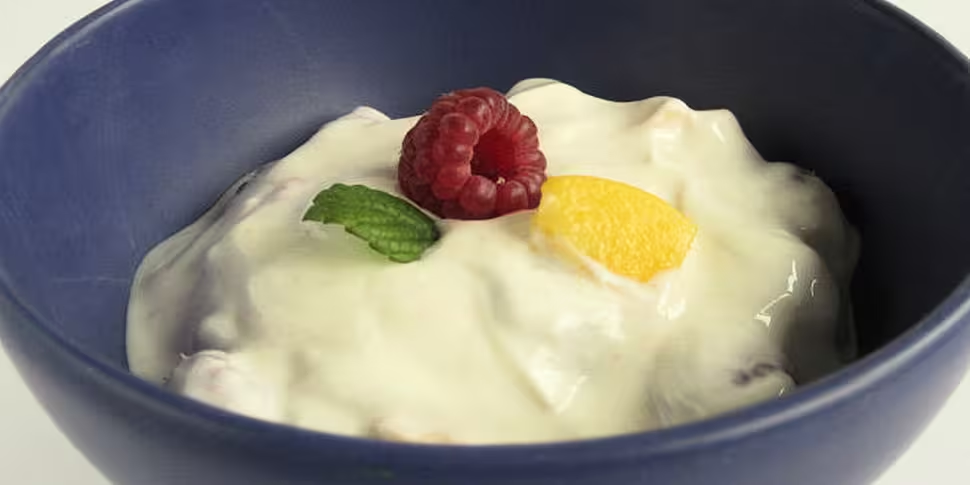Last month a PhD student from the University of Wisconsin, Madison made headlines after it emerged that she had made yoghurt from her vaginal secretions.
Cecilia Westbrook, the student in question, spoke to Sean today:
There were some predictably surprised texts from listeners:
- Thanks Sean, while you warn parents to lock children away...what about grown men having a late lunch????
- Just because you can doesn't mean you should. Jasper
- I can picture the CEO of some probiotic yogurt company listening to this, mouth hanging open in shock.. Mike, Cork
- Well Sean that's it ... I now have actually heard everything! I will never be shocked again. :) Declan
- Petit Fallopian Tubes, yummy!
While there is undoubtedly a playful aspect to Westbrook’s project, there is some scientific logic behind it too. So what’s the reasoning behind making this very unique type of yoghurt?
You’ve probably seen and indeed eaten many, shall we say, ‘traditional’ yoghurts that have boasted they contain probiotics - indeed, some producers even use that as their products’ main selling point.
The idea behind probiotics as a healthy dietary addition is often credited to Nobel Prize winning Élie Metchnikoff, who suggested “oral administration of cultures of fermentative bacteria would implant the beneficial bacteria in the intestinal tract.” The idea has been developed by other researchers over the last century or so.
In essence, the concept is that eating certain ‘good’ bacteria - such as lactobacillus (which can indeed be found in vaginal secretions) - can help keep our intestines healthy, while potentially keeping the ‘good’ and ‘bad’ bacteria in balance.
It has been suggested that probiotics can help treat conditions like irritable bowel syndrome or diarrhea, or help replenish your system’s supply of healthy bacteria following a course of antibiotics. It has also been proposed that it could benefit vaginal and urinary health, boost immune function, and help treat skin conditions.
Research into the health effects of probiotics is still ongoing, however. While some evidence seems to indicate that probiotics can indeed help treat conditions such as infectious diarrhea, scientists are still researching the full effects of these ‘good bacteria’ on the body. While there is little evidence to suggest they cause any harm, it might be worth taking some of the bolder claims about probiotic yoghurts’ health impacts with a pinch of salt until proven otherwise.
Indeed, in Europe the use of the word probiotic is considered a 'health claim', and therefore the word cannot be used on packaging unless approved by the EU - which is unlikely to happen until there is more evidence.
As for yoghurt from vaginal secretions? While there is certainly some scientific reasoning behind the idea given the presence of probiotics in the secretions, experts have warned that it’s probably not the best idea to go making your own batch.
“I like what [Westbrook is] doing in principle, but it's risky, because she doesn't know what else she's doing and she could end up with a bad batch,” microbiologist Larry Forney told Motherboard, warning that you would not only be eating the potentially good bacteria but also some potentially pathogenic ones as well. The FDA in the US warned the secretions “may transmit human disease”, and therefore wouldn’t be considered ‘food’.
As for the taste? Westbrook reported that the first batch of her homemade yoghurt tasted ‘sour, tangy, and almost tingly on the tongue’, although the second batch tasted more like spoiled milk. The big youghurt manufacturers probably don't have to worry just yet.









